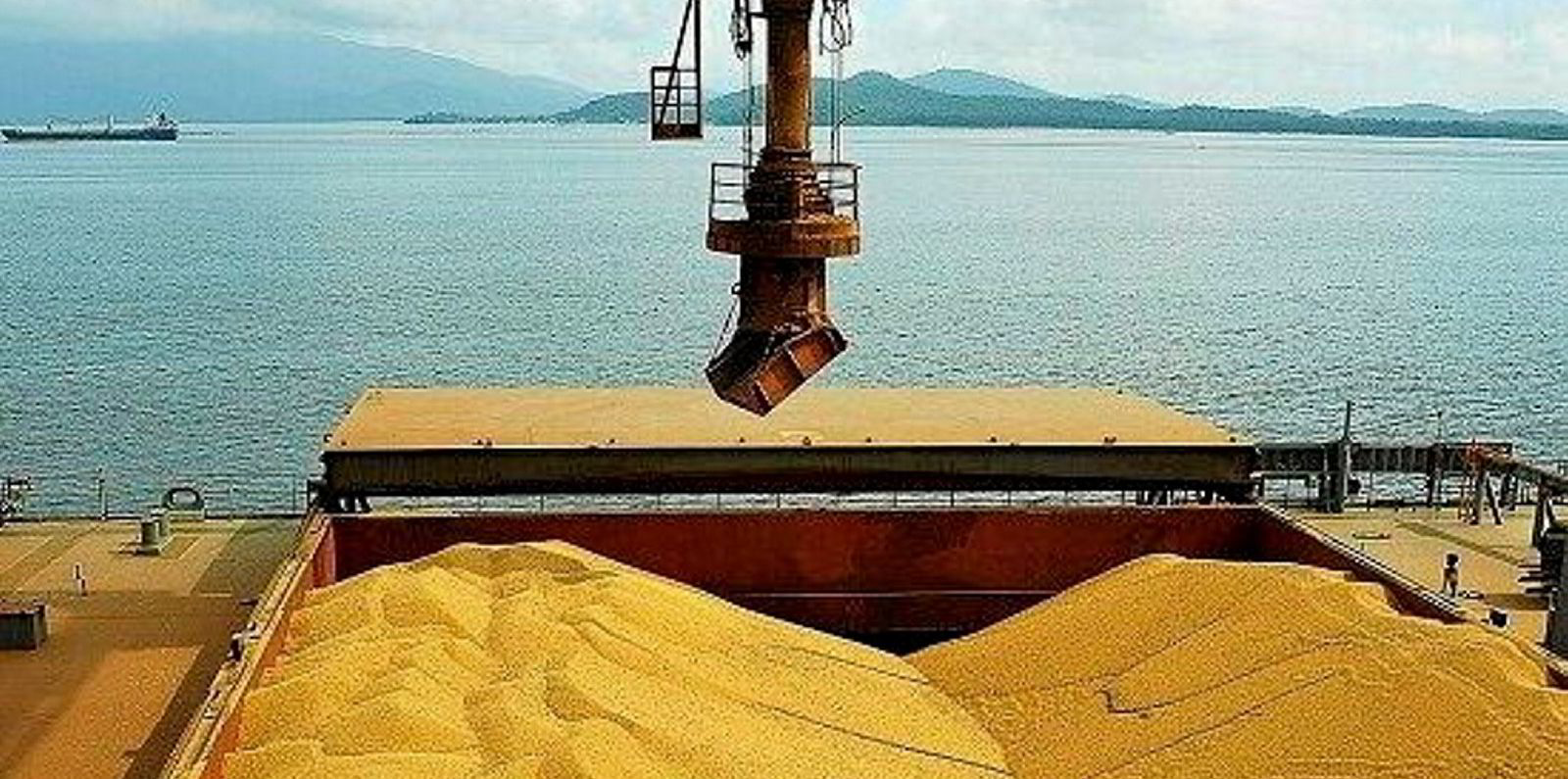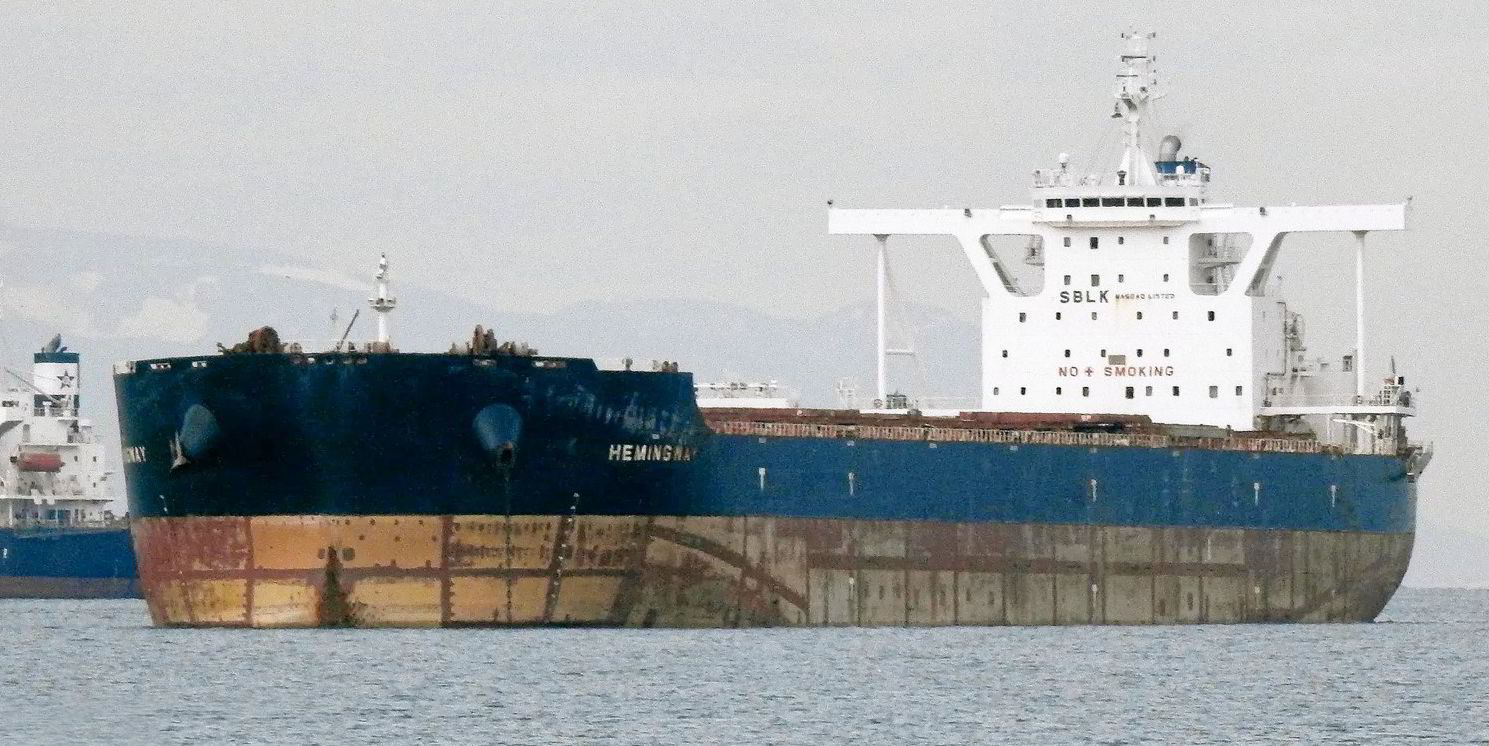European grain trades are becoming more fragmented by the rise of small-time shippers, which are sidestepping large commodity trading houses and buying freight directly, according to one grain house.
Talk of “disintermediation” — the circumvention of intermediaries such as commodity traders as goods make their way from farmer to end user — has been circulating in grain markets for more than a decade.
But now the effects of that megatrend are being borne out in shipping demand and trading patterns in Europe for grains making their way to the rest of the world, according to Mads Frank Markussen, business analyst at Navi Merchants, the bulker arm of Copenhagen Merchants Group.
“A lot of sellers of physical commodities want to try selling CFR [cargo on cost and freight terms] themselves. They don’t want to work for traders,” Markussen told TradeWinds.
“And traders, because of new requirements for CSR [corporate social responsibility] and sustainability and value-add risk, they need to be more streamlined in what they do and are becoming more and more value-chain companies.
Changes spurred by war
“So a lot of smaller companies who maybe have a relatively modest amount of commodities, they find themselves either voluntarily — because the prices taken and offered by the traders are not as great as they hoped for — or not becoming freight buyers and going into the market.”
Copenhagen Merchants is seeing this trend right across its rail, grain storage, trading and bulker operations. It is also an opportunity for the group to help these smaller shippers make sense of the market and to sell and ship their grain without the help of large trading houses.
The war in Ukraine has been the biggest accelerant in this trend in Europe, he said.
Sellers such as farmer cooperatives in Poland and Lithuania are sidestepping the so-called ABCD trading houses — Archer-Daniels-Midland, Bunge, Cargill and Louis-Dreyfus — to which they would otherwise have sold grain on a free-on-board basis at their own ports.
“Because the world is changing, the war in Ukraine is leading a lot of grain volume through Poland, the ABCD companies are doing things differently — banks are also putting a lot of regulation on these guys,” Markussen explained.
“Now suddenly [grain producers] have to go to the international markets and become a seller to customers elsewhere outside in the world, instead of just selling it FOB at your own port.
“This is a problem you need to solve and you need to solve it ASAP, because otherwise you leave a lot of money on the table. And it’s not just Lithuania — it’s also Poland, Estonia, Finland and Sweden.”
Markussen said this means it is likely that more new grain sellers will enter the freight market in Europe, which would result in a more fragmented environment.
Grain trade from South Africa and the US is still dominated by the ABCD grain houses, particularly ADM and Cargill, which are mainstays of the American heartland.
While European Union imports of grain from Russia have largely died out since war broke out in Ukraine in 2022, Russian wheat is competing aggressively with EU volumes.
EU wheat shipments to the Middle East from July last year up to the end of January fell by more than 60% year on year. Exports to North Africa were down 25%, according to the US Department of Agriculture’s World Markets & Trade report for April.
Leading markets including Algeria and Saudi Arabia have been importing more wheat from Russia, the report said.
“From a purely tonne-mile perspective, it could be argued simple substitutions from the EU to Russia have limited impact in themselves — but the effect on vessel profile has been conspicuous,” Braemar Shipbroking said on Tuesday in a research report that analysed the figures.
Last year, there were “massive gains” in geared bulker employment on Russian grain trades. The growth was particularly strong for handysize bulkers, which were the biggest carriers of grain in 2023, as well as supramaxes and ultramaxes.
“Annual gains of at least 1m tonnes carried on geared ships were recorded by AXS into countries as diverse as Algeria, Bangladesh, Pakistan and Turkey, so generating additional load opportunities for geared bulkers in the Black Sea,” Braemar said.
That said, the broker noted that projected 2024 volumes could be hit by dry weather in major growing areas earlier this year.
The Russian agriculture regulator has threatened to cut export quotas if quality standards continue to be breached.




